– Without Ronald Reagan's courageous steps, freedom would not have arrived, or only much later, in Eastern Europe, said Marcel Szabo, emphasizing the significance of the policies of the 40th US President who served two mandates. Ahead of a grand conference, to be organized on June 4 - on the 20th anniversary of Reagan's passing - by the Pazmany Peter Catholic University (PPKE) and the Ronald Reagan Memorial Committee led by Deputy Prime Minister Zsolt Semjen, we sat down for an interview with the constitutional lawyer. The Ronald Reagan Memorial Committee aims to preserve the former US President's legacy, acknowledging his contributions to Hungary's freedom and independence.
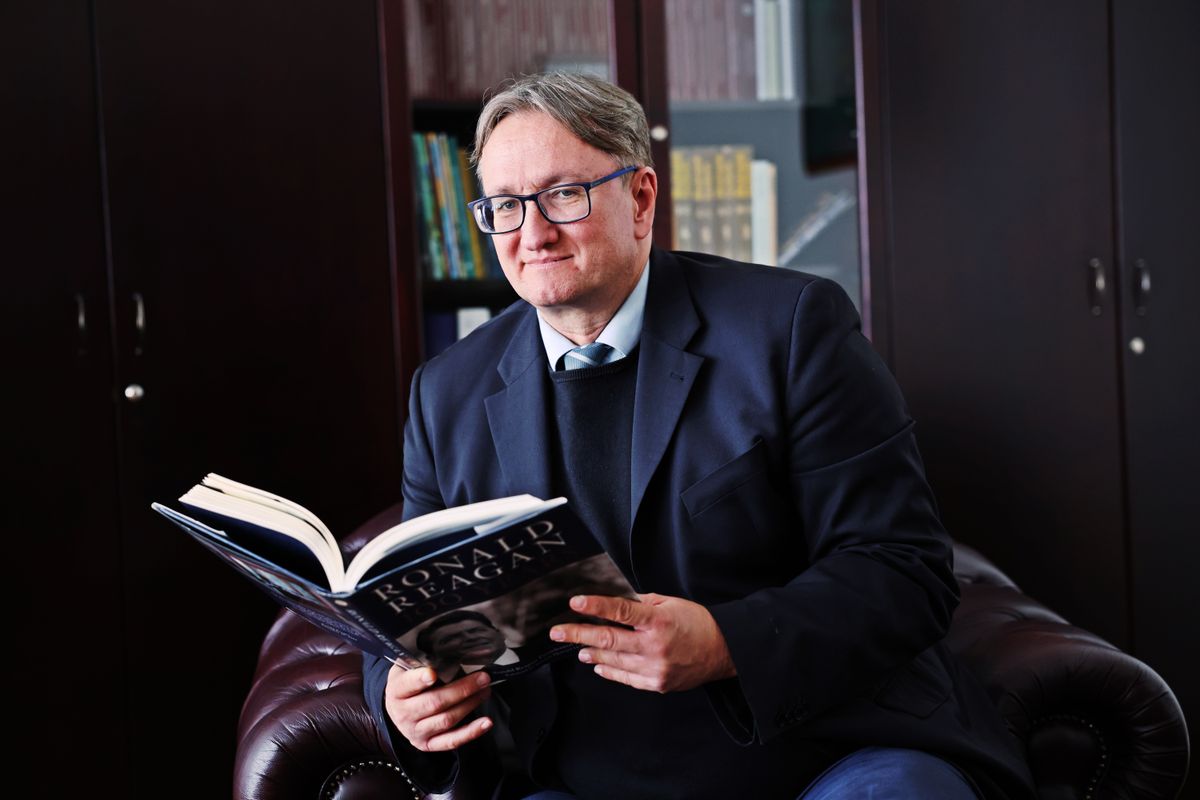
Ronald Reagan led the United States from 1981 to 1989 across two terms: during his first presidency, he focused on combating communism and competing with the Soviet Union in foreign policy, while his second administration saw a more prominent role for Middle Eastern policy. Marcel Szabo stated that Reagan's advisors initially tried to dissuade him from a political strategy that emphasized escalating the arms race with the Soviet Union until the Eastern power could no longer endure, and communism collapsed.
However, Reagan persisted with his proposal and, influenced by Hungarian-American physicist Edward Teller, developed the Strategic Defense Initiative (SDI), also known as the Star Wars program, which began in March 1983.
The essence of the plan was to defend against Soviet nuclear attacks using weapons deployed on Earth and in space, contrary to previous policies, which focused on strategic defense.
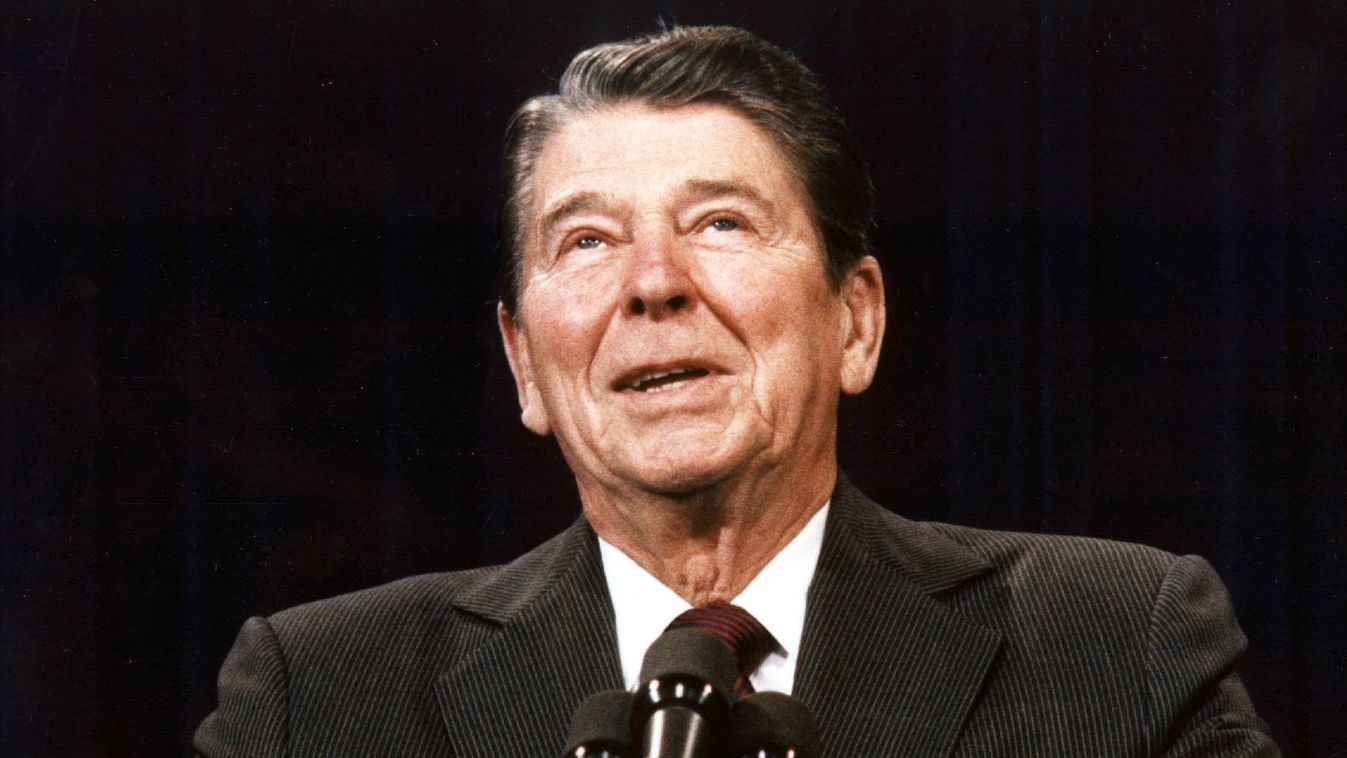
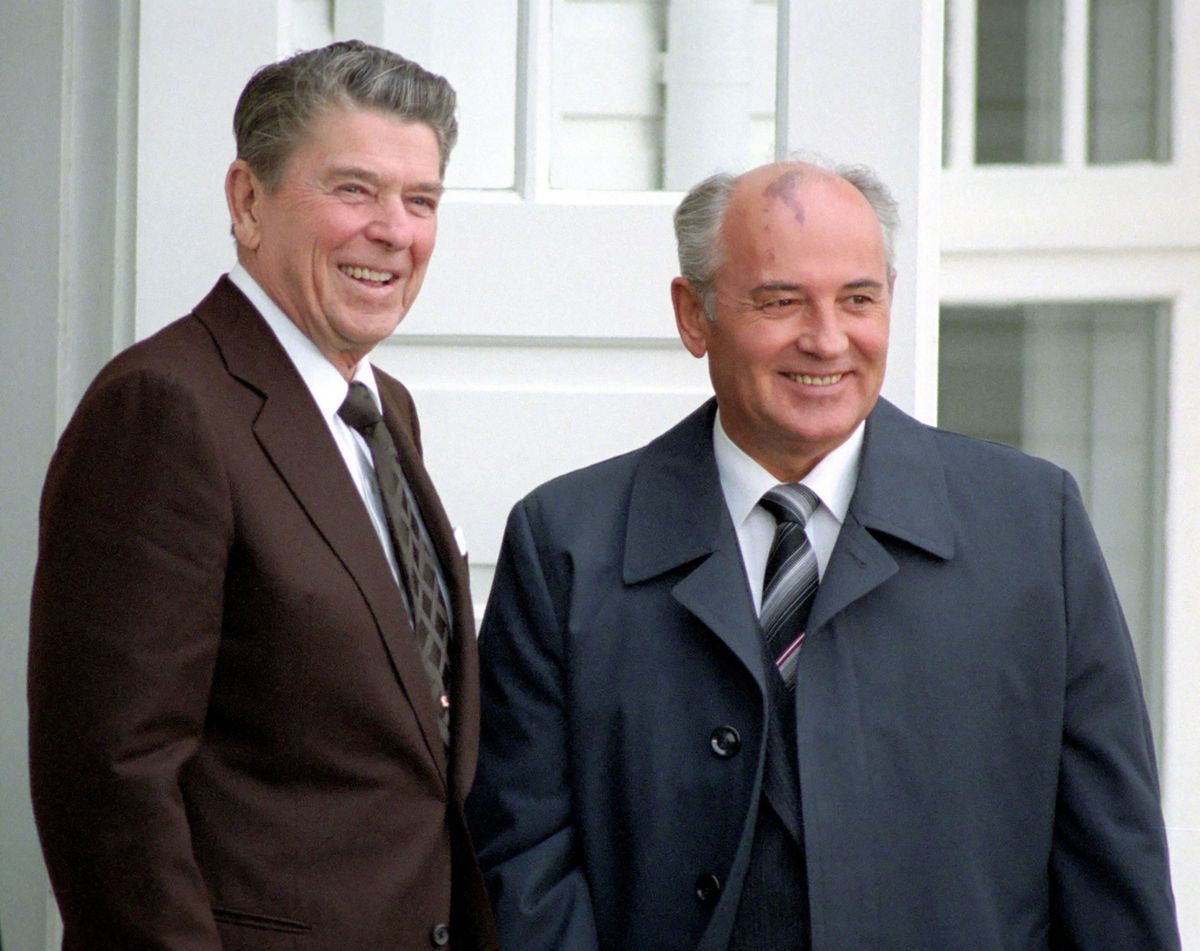
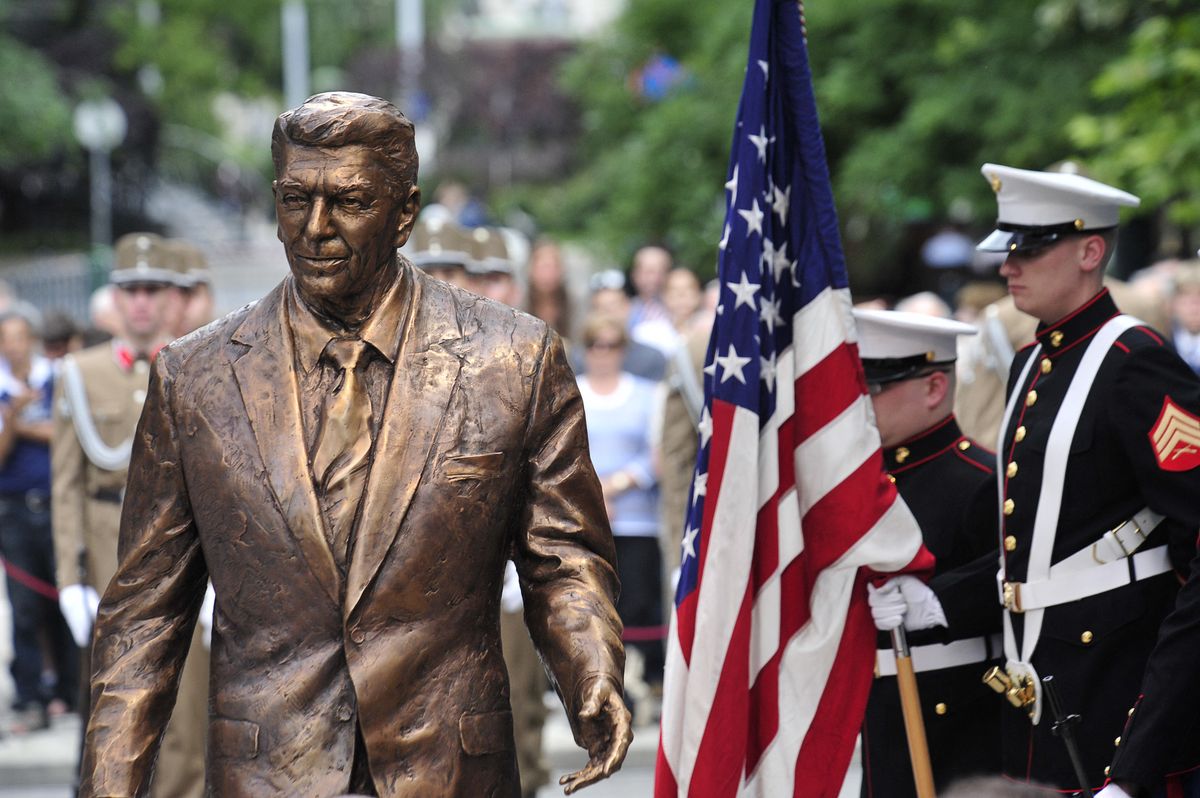

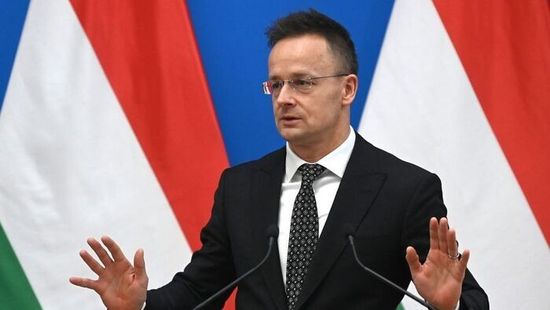

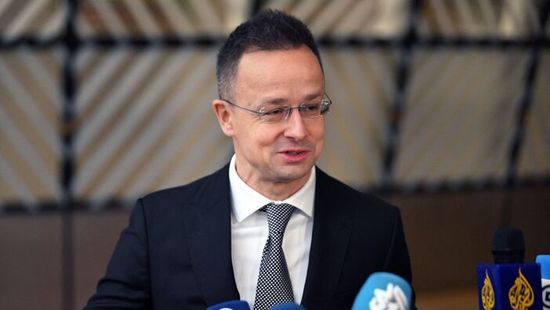



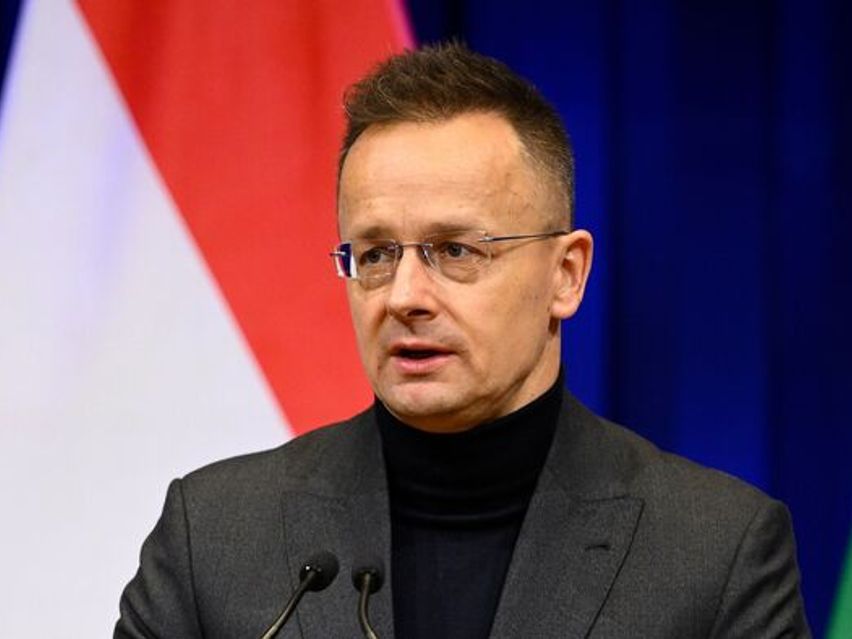
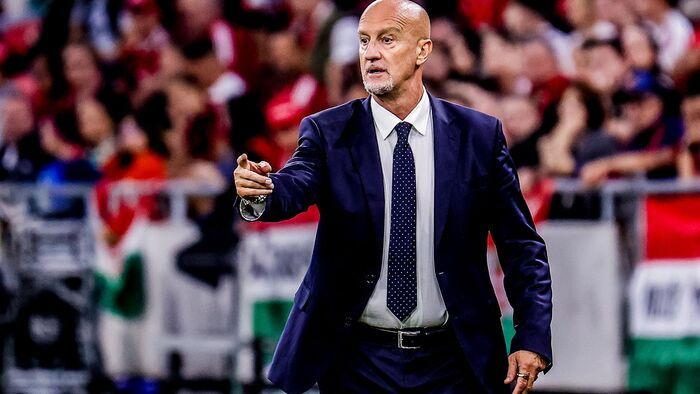

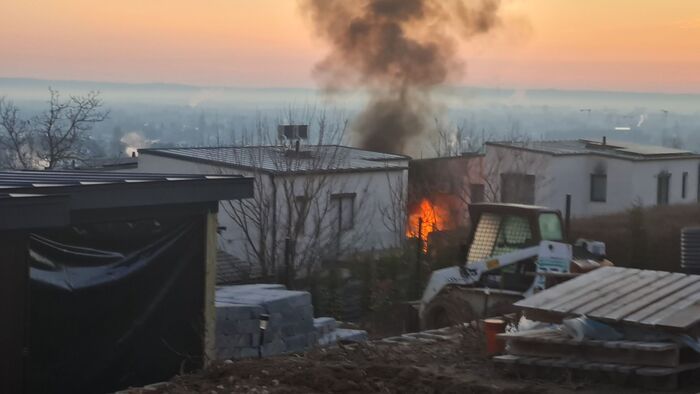
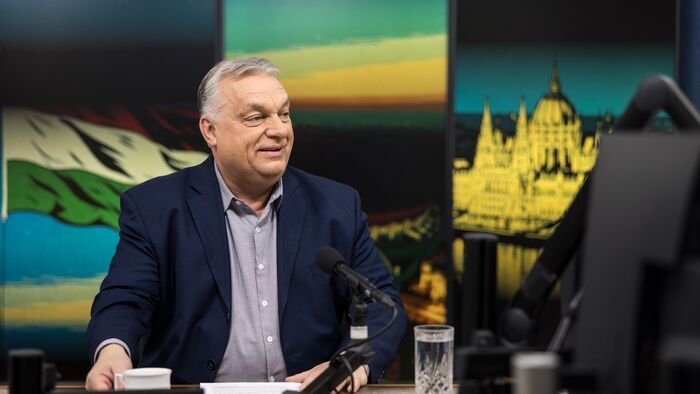


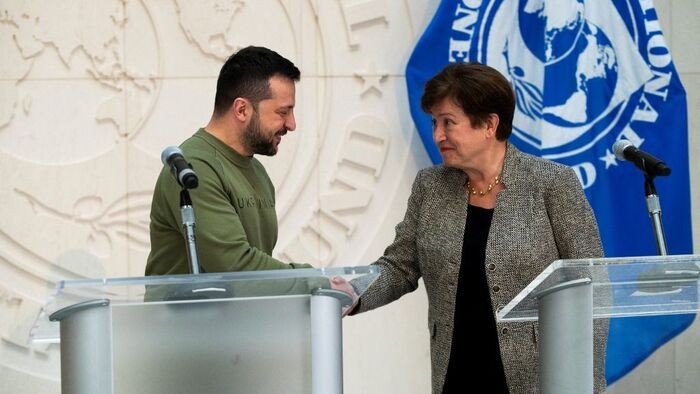

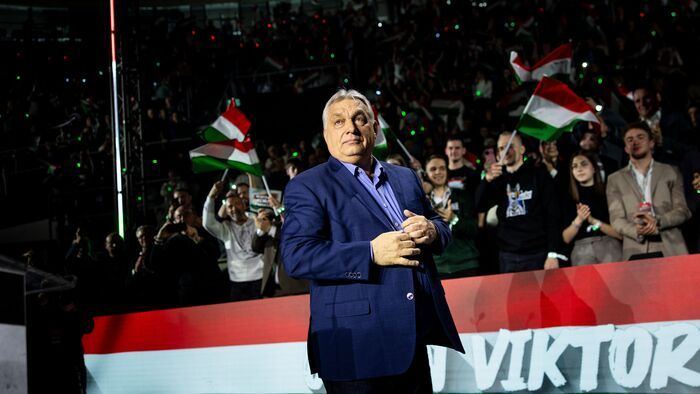


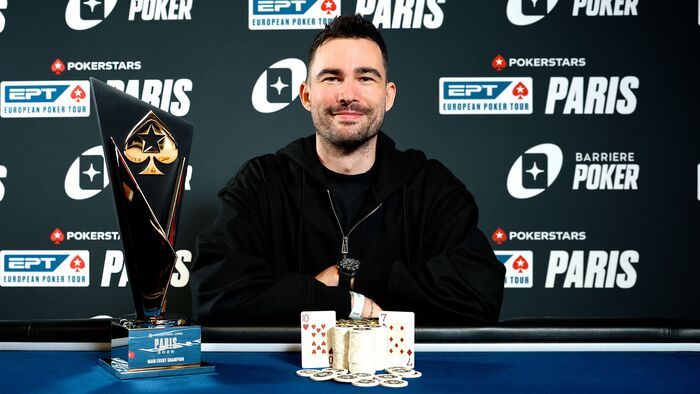
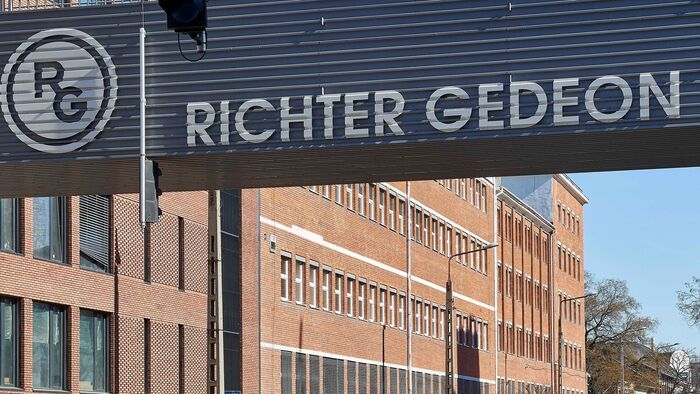

Szóljon hozzá!
Jelenleg csak a hozzászólások egy kis részét látja. Hozzászóláshoz és a további kommentek megtekintéséhez lépjen be, vagy regisztráljon!